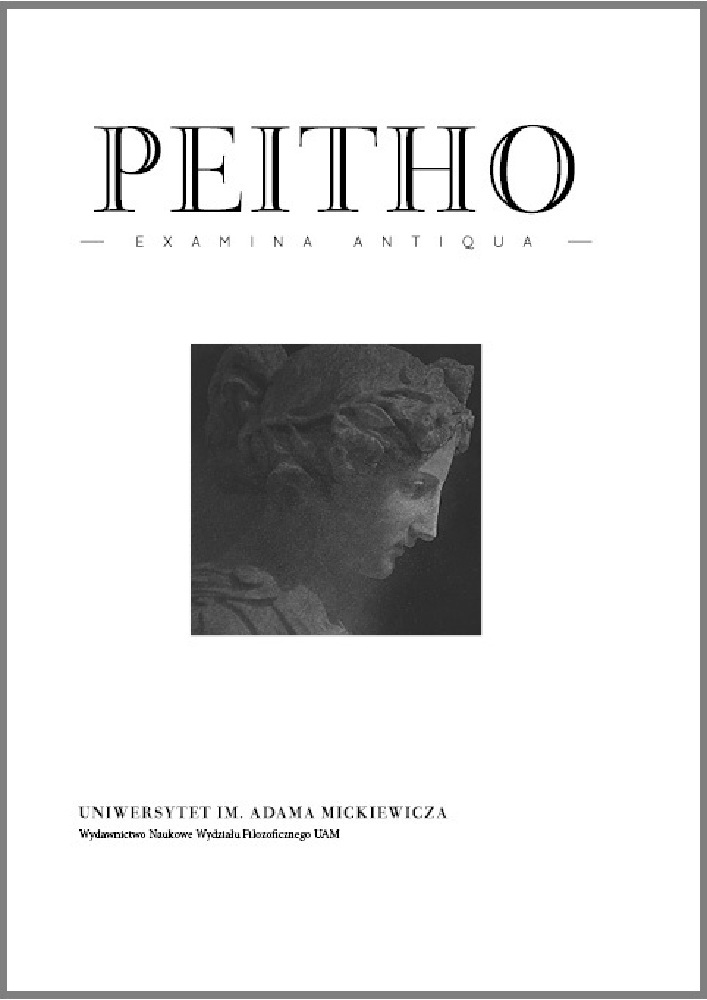Causality at Lower Levels: The Demiurgi- cal Unity of the Second and Third God according to Numenius of Apamea
Causality at Lower Levels: The Demiurgi- cal Unity of the Second and Third God according to Numenius of Apamea
Author(s): ENRICO VOLPESubject(s): Ancient World, Ancient Philosphy
Published by: Uniwersytet im. Adama Mickiewicza w Poznaniu
Keywords: Numenius; demiurge; cosmos; matter; theology;
Summary/Abstract: Numenius is an author who straddles the line between Middle Platonism and Neoplatonism. In this contribution, I focus on the differences between the second and the third God, which emerge from analyses of the relevant fragments. Numenius emphasizes, on several occasions, how the second God (i.e., the demiurge) has a dual nature. In this paper, I investigate the role of the demiurge in Numenius and exam- ine in what sense the second and third God are “one.” On the one hand, Numenius seems to be stressing the unity of the second and third levels of reality, but on the other hand, he also appears to be differentiating them. The present analyses concentrate on fragments 19F, 24F, 29T and 30T (respectively 11, 16, 21, and 22 in des Places’ edition). My purpose is to demonstrate that, according to Numenius, the second and the third God are one because they both can be regarded as demiurgic. Thus, Numenius conceives a kind of “double demiurgy,” which preservesthe distinction between the second and the third God, who are distin- guished from an ontological point of view, but who, at the same time, share a demiurgic function. The second God is then the paradigm, whereas the third God is immanent in matter as a ruling principle of the cosmos, which is similar to the World Soul, as he operates on matter in order to make it rationally ordered.
Journal: Peitho. Examina Antiqua
- Issue Year: 14/2023
- Issue No: 1
- Page Range: 85-98
- Page Count: 14
- Language: English

